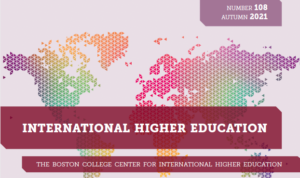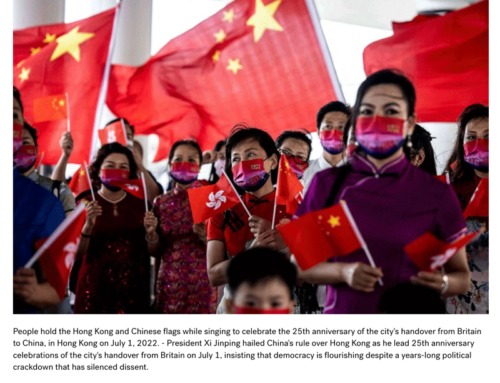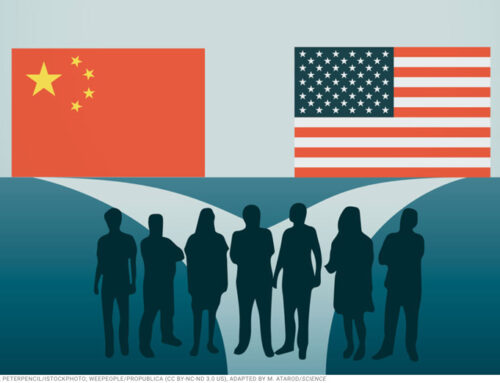
Boston College Center for International Higher Education
No. 108, Autumn 2021
David Zweig
ABSTRACT: A laudable component of Sino–US rapprochement after 1978 has been collaborative research. But China’s aggressive effort to benefit from its scientific diaspora, the cutting-edge technology that has
gravitated to China from the United States, and America’s new perception of China as a “strategic
competitor,” led the Trump administration to roll out the “China Initiative,” securitizing scientific collaboration. Despite a strong pushback from universities and Asian–American rights groups, this scientific cooperation remains at risk.
Scientific exchanges enhance humankind. Thus, a major component of Sino–US rapprochement after 1978 was academic and scholarly exchanges, eventually leading to collaborative research. Such efforts have been lauded. In 2014, the president of the National Institutes of Health (NIH), Francis Collins, speaking at Fudan University in Shanghai, said that “science has no borders because knowledge belongs to all humankind,” while an internal NIH review found that between 2010 and 2019, joint projects funded by NIH and the Chinese had produced several high-impact papers on cancer.
So, What Went Wrong?
Changes in Chinese policy, the high level of cutting-edge technology that has gravitated to China, and shifts in the United States’ perceptions of its national security, ended this cozy relationship. To benefit from its overseas talent, Chinese institutions, such as the ministry of education (MOE), the Chinese Academy of Sciences, and the Organization Department of the Chinese Communist Party (CCP), established programs to bring back the country’s best and brightest. However, as the very best scientists in the Chinese diaspora chose to stay abroad, both the MOE and the CCP offered part-time affiliations with Chinese universities, whereby these researchers maintained their jobs overseas and continued their research in Western laboratories. They also trained tens of thousands of Mainland PhD candidates and postdoctoral fellows who worked with them in their laboratories.
But around 2013, the CCP stopped publishing the names of part-time participants in its Thousand Talents Plan (TTP), taking the program underground. In 2018, the Trump administration’s National Defense Strategy labelled China a “strategic competitor” seeking global preeminence. Replacing inter-state strategic competition with terrorism as the primary concern of US national security securitized scientific collaboration. […]
Links:





Leave A Comment